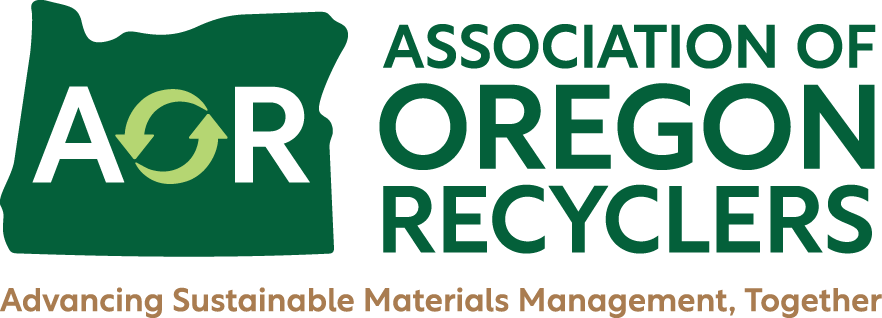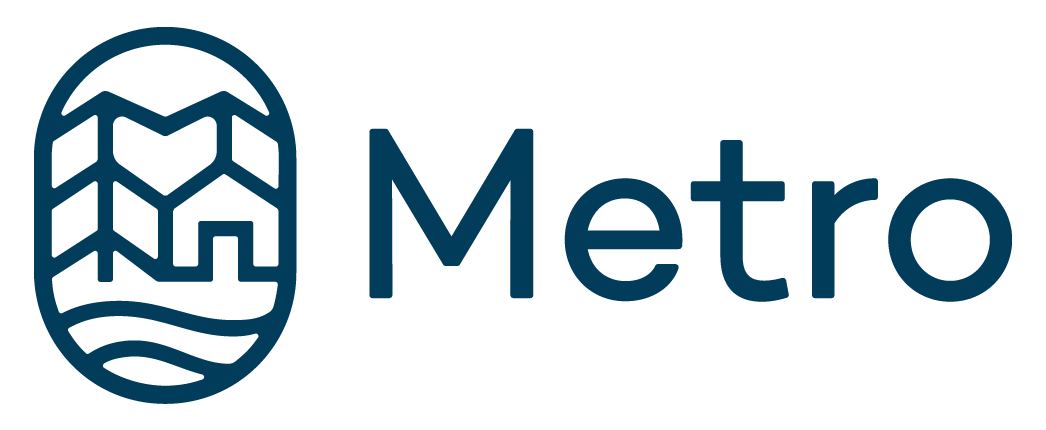Webinars
Webinar: Let’s WRAP: Best Practices to Boost Plastic Film Recycling in Your Community
We’re all aware of the challenges when it comes to recycling plastic bags and film through curbside collection. Now there’s a growing national movement to boost film recycling by helping communities better educate the public on the appropriate ways to recycle this material, and it’s having an impact. It’s called the Wrap Recycling Acton Program, or WRAP.
Webinar: Implementing SB 245, SB 263, and Materials Management in Oregon
At this webinar, DEQ will:
- Provide summaries of the final versions of SB 245 and SB 263.
- Introduce plans for implementing SB 245 and SB 263, and the next phase of the 2050 Vision and Framework for Action, including the timing of three new rulemakings, provision of grants and other new services, and new opportunities for you and others to continue to shape and participate in this work.
- Answer questions from webinar participants.
To participate in the webinar, please use the following information:
Webinar: Advancing Sustainable Materials Management: Facts and Figures
Through a discussion of the upcoming Characterization Report, participants in this webinar from the EPA Sustainable Materials Management Web Acedemy Webinar Series will hear about the newly expanded and improved measurement efforts by the EPA to facilitate the move toward more sustainable materials management (SMM). Previously called the MSW Characterization Report, this report provides national solid waste, recycling, generation, and disposal numbers.
Webinar: Can That Be Composted? Should It Be?
Is your food waste collection program keeping up with markets and national trends? What should your program start or stop collecting? What is in the future for food waste diversion, collection and composting? In this webinar from the College and University Recycling Coalition (CURC), we will discuss upcoming trends in the market and how to strategically grow your food waste collection program.
Cost: FREE
Webinar: Keep Your Caps On! A 2015 Update
Due to an ever growing demand for material by plastic reclaimers, the Association of Postconsumer Plastic Recyclers continues to support the "Caps On" message. Historically, the perception has been that the best way to recycle a plastic bottle is with the cap off. Today, with growing markets for HDPE and PP, coupled with improved recycling technology, plastic recyclers support keeping the cap on for reclamation.
Webinar: APR Resources to Support Domestic Plastic Recycling Markets
The Association of Postconsumer Plastic Recyclers' primary goal is to increase the amount of material available for recycling. We work to provide tools to increase public and industry awareness of plastics recycling, expand opportunities to recycle plastics, and reduce contamination. This webinar will detail a variety of resources available to the industry, state and local recycling officials, as well as the general public to support the expansion of domestic plastic recycling markets and generate more supply .
Webinar: What Really Goes in that Bale? An Overview of the 2015 National Mixed Rigid Bale Composition Study
The 2015 National Mixed Rigid Bale Composition Study was conducted to categorize the composition of the various types of mixed rigid plastic bales generated in North America, in addition to providing an estimate of the volume and type of non-bottle rigid plastic available for recycling. Making more accurate estimates of the types, volume and destination of rigid plastics currently recycled, and understanding the type and tonnage of rigid plastic available in North America, will strengthen and advance non-bottle rigid recycling.
Webinar: Foam Recycling: Facts, Figures, and Market Potential
Polystyrene and Expanded Polystyrene, or foam, is commonly used in food service packaging, sports and safety equipment, insulation, and a variety of product packaging. Although foam can be successfully recycled, many misconceptions persist.
Webinar: The Sort for Value Online Calculator: An APR Pricing Tool Creating More Value for MRFs
China's Operation Green Fence policy sent many MRF operators searching for alternative markets for mixed plastic bales. Fortunately, many found domestic plastic reclaimers interested in purchasing non-bottle rigid plastic material. Although specific sorting by the MRF may be necessary to access some domestic markets, the additional sorting may well result in additional revenue.
Webinar: Reducing Carbon Emissions from Concrete and Asphalt
The construction industry is booming again in many parts of the West Coast. As publicly-funded building and infrastructure projects increase, the impact on the environment can be substantial, especially from ubiquitous products like concrete and asphalt. Attend the West Coast Climate & Materials Management Forum's webinar to learn about innovative techniques and institutional procurement tools that can reduce emissions and improve performance of asphalt and concrete in construction and infrastructure projects.


